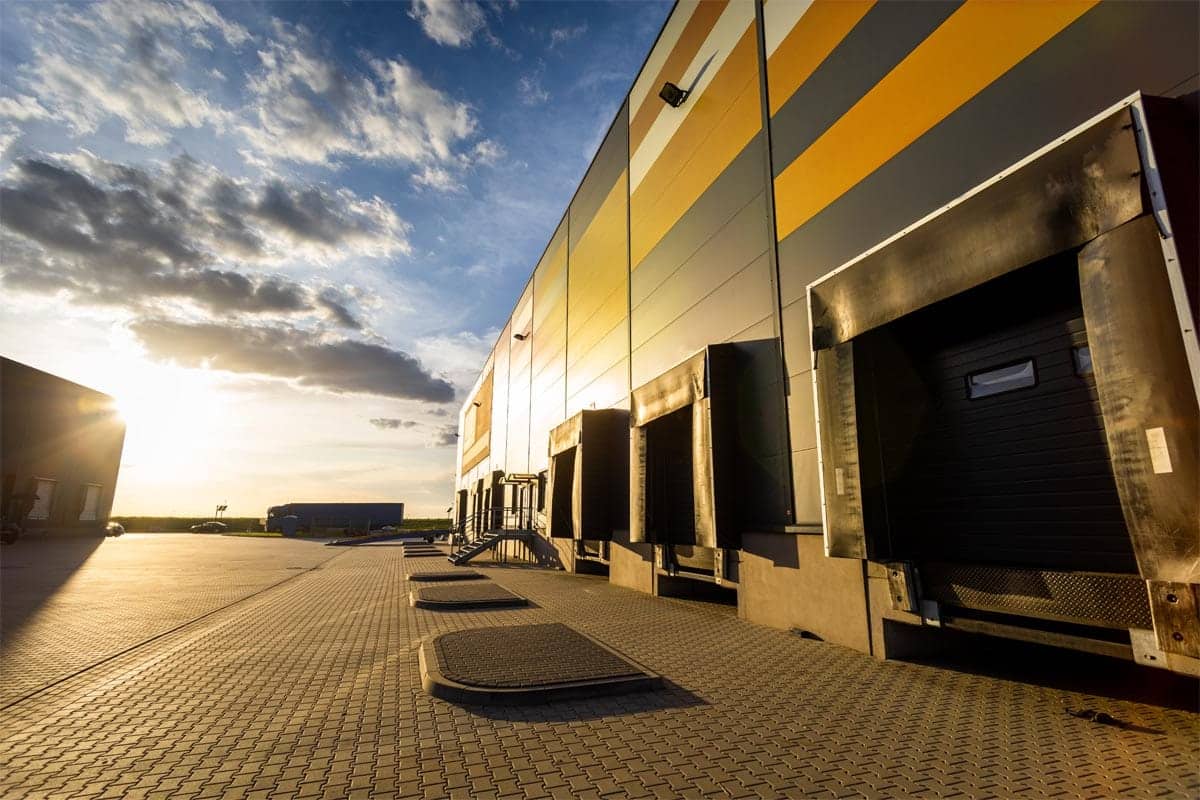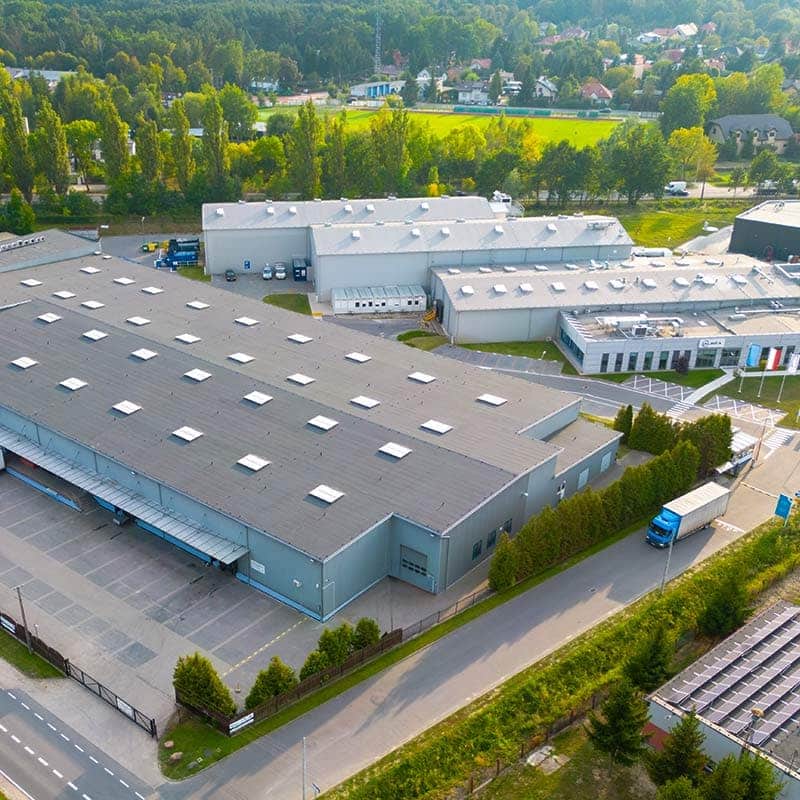Are Micro-Fulfillment Centers Right for Your Business? At a time when retail businesses might expect challenges such as economic uncertainty, volatile trade relations, and global supply chain issues to impact consumer sentiment, shoppers continue to defy expectations and make online purchases. But as they do, they have come to expect the brands they support to deliver orders quickly and affordably. According to data from Statista, 21% of shoppers will abandon their cart if delivery is too slow, while 39% will do so if shipping costs are too high.
To meet these demands for delivery speed and affordability, retailers must locate inventory closer to or within key markets. This keeps online orders within the first one or two shipping zones, ensuring that shipments arrive on time without a hefty price tag attached. Unfortunately, not every e-commerce or omnichannel business can afford dozens of warehouses to cover every target market.
That’s where micro-fulfillment centers (MFCs) come in. In this article, we’ll discuss how smaller, strategically located facilities can help businesses scale up online sales and meet customer demand.
What Is a Micro-Fulfillment Center?
A micro-fulfillment facility is similar in function to a warehouse, but on a smaller scale. Unlike traditional warehouses, which can span hundreds of thousands of square feet, most MFCs are under 50,000 square feet, with some as small as 10,000 square feet or less.
Whereas a traditional warehouse might be situated in an industrial park or on a large plot of land, an MFC can be located in a shopping mall, strip mall, old retail store, or an otherwise underutilized industrial space.
For example, when brick-and-mortar stores shut down during the COVID-19 pandemic, many businesses established micro-fulfillment locations in vacant retail spaces to help fulfill a higher volume of online orders. In the post-pandemic era, rising vacancy in the office market has created similar opportunities in some areas.
Unlike a full-scale industrial warehouse conversion, unused retail or office spaces can be much more easily set up for use as a micro-fulfillment center. MFCs generally employ heavy automation, but not at the scale required for a full-sized warehouse. As such, the floors and infrastructure of the buildings can generally handle the automation equipment for the MFC.
Since they are smaller in size and hold less stock, retailers primarily use MFCs to position fast-moving inventory near customers. For example, an electronics retailer may position the latest models of laptops, smartphones, headphones, and other popular equipment in the MFC, while older models or slower-moving inventory are stored in a larger warehouse further away.
Real Estate Considerations for Micro-Fulfillment Centers
Micro-fulfillment isn’t right for every business, but it offers advantages for most e-commerce sellers that prioritize speed and affordability in their last-mile strategy. Here are some examples of businesses that might benefit from the MFC logistics model:
- E-commerce retailers with strong volume. E-commerce sellers that sell high volumes of items to urban markets are likely to also face growing demand for same-day and next-day delivery options. Micro-fulfillment centers can help meet that demand for the most in-demand items.
- Grocery chains. Grocery stores, especially regional chains, can benefit from opening what is known as a “dark store,” which is a micro-fulfillment center that holds separate inventory for online orders. This practice keeps pickers out of the aisles of the actual grocery store and avoids double-dipping on store inventory to fulfill online orders.
- Direct-to-consumer (D2C) brands. Manufacturers are increasingly selling their goods directly to the customer through their own online stores. D2C brands struggling to keep up with what their retail competitors are offering in terms of delivery options could benefit from placing MFCs near key markets.
- Third-party logistics (3PL) providers. 3PLs are continually seeking innovative ways to expedite delivery for their customers. MFCs provide 3PLs with the means to locate in-demand inventory within population centers, which enables them to help their shipper customers expand their delivery offerings to include same-day or next-day options.
Is Micro-Fulfillment Right for You?
Incorporating micro-fulfillment centers into your network can provide e-commerce businesses with a competitive edge in high-demand customer markets. Finding the right location for your MFCs is essential to ensure that you unlock the full value they can provide to your operation.
“For companies pursuing faster delivery and tighter margins, being close to the customer isn’t really optional anymore — it’s a requirement,” said Frank P. Crivello, Phoenix Investors’ chairman and founder. “Even at times where the big-box market slows down, we continue seeing strong demand for small-footprint, automation-ready space in urban markets. This type of facility is helping e-commerce businesses think differently about what their supply chain footprint should look like.”
If you have questions about micro-fulfillment and whether it’s right for your business, feel free to reach out to Phoenix Investors.
About Phoenix Investors
Founded by Frank P. Crivello in 1994, Phoenix Investors and its affiliates (collectively “Phoenix”) are a leader in the acquisition, development, renovation, and repositioning of industrial facilities throughout the United States. Utilizing a disciplined investment approach and successful partnerships with institutional capital sources, corporations and public stakeholders, Phoenix has developed a proven track record of generating superior risk adjusted returns, while providing cost-efficient lease rates for its growing portfolio of national tenants. Its efforts inspire and drive the transformation and reinvigoration of the economic engines in the communities it serves. Phoenix continues to be defined by thoughtful relationships, sophisticated investment tools, cost-efficient solutions, and a reputation for success.






